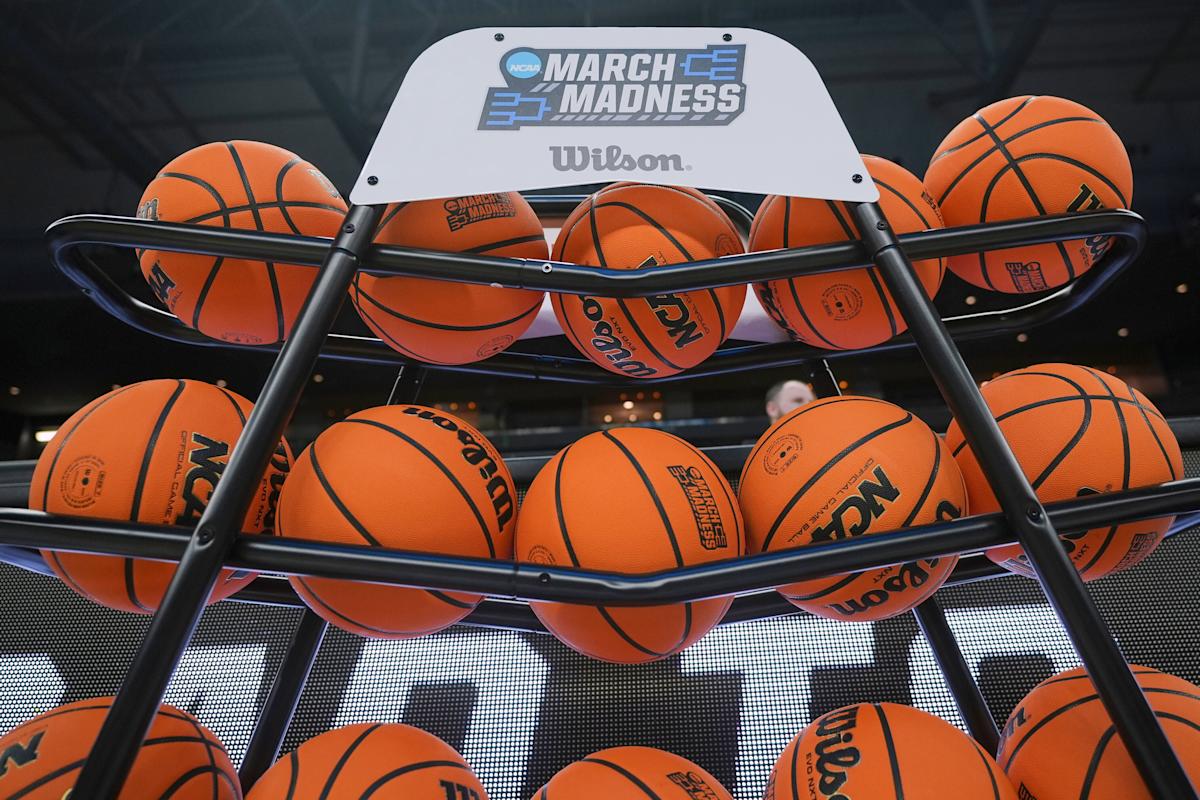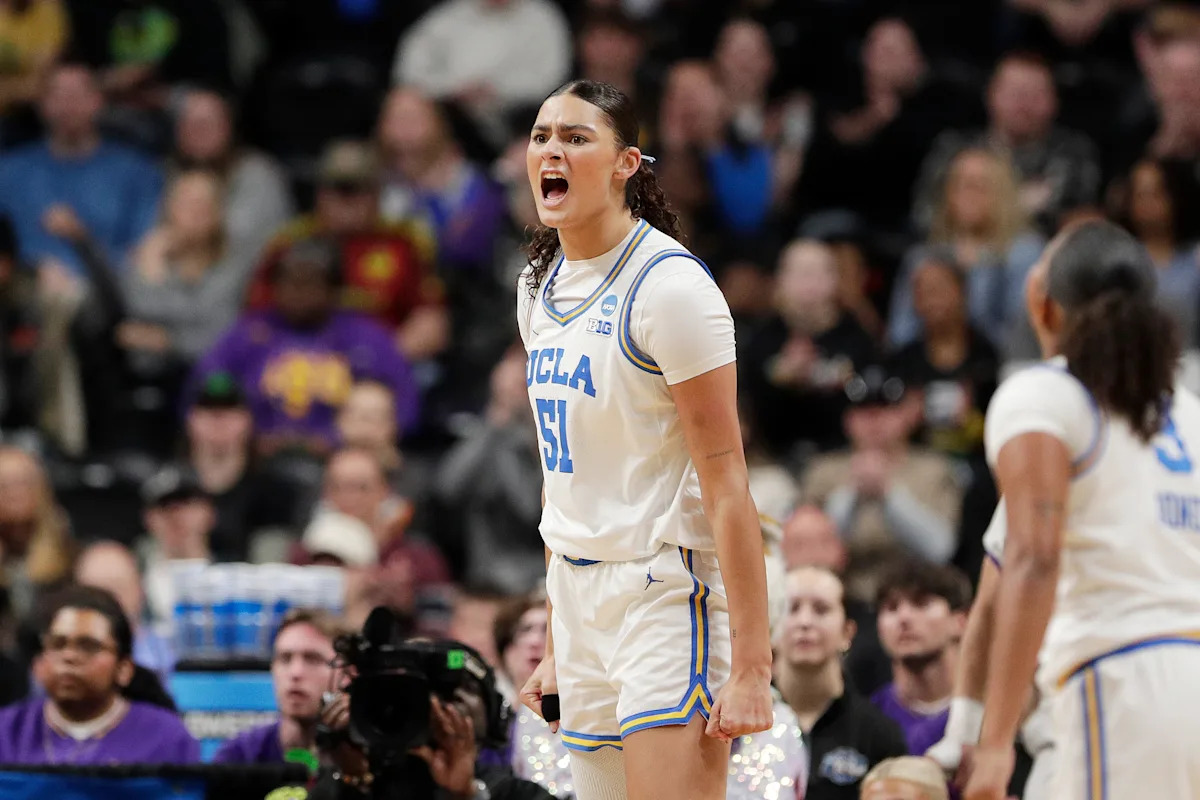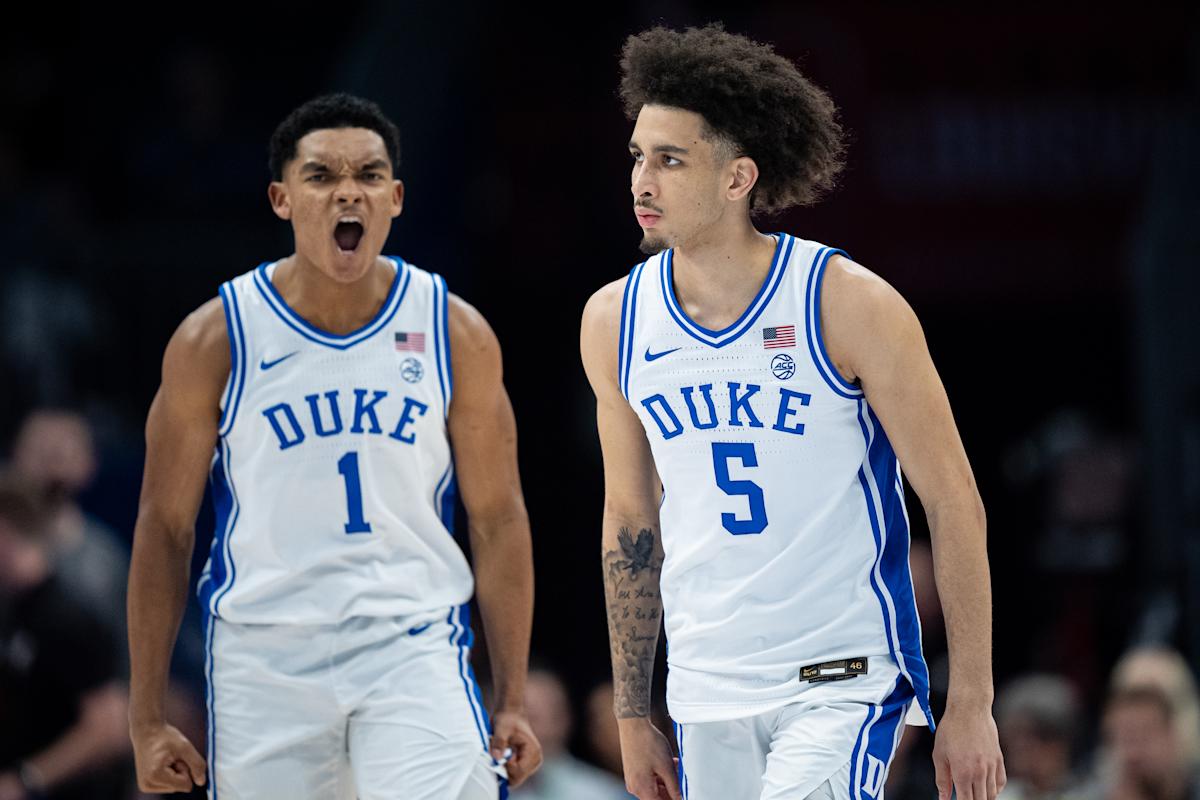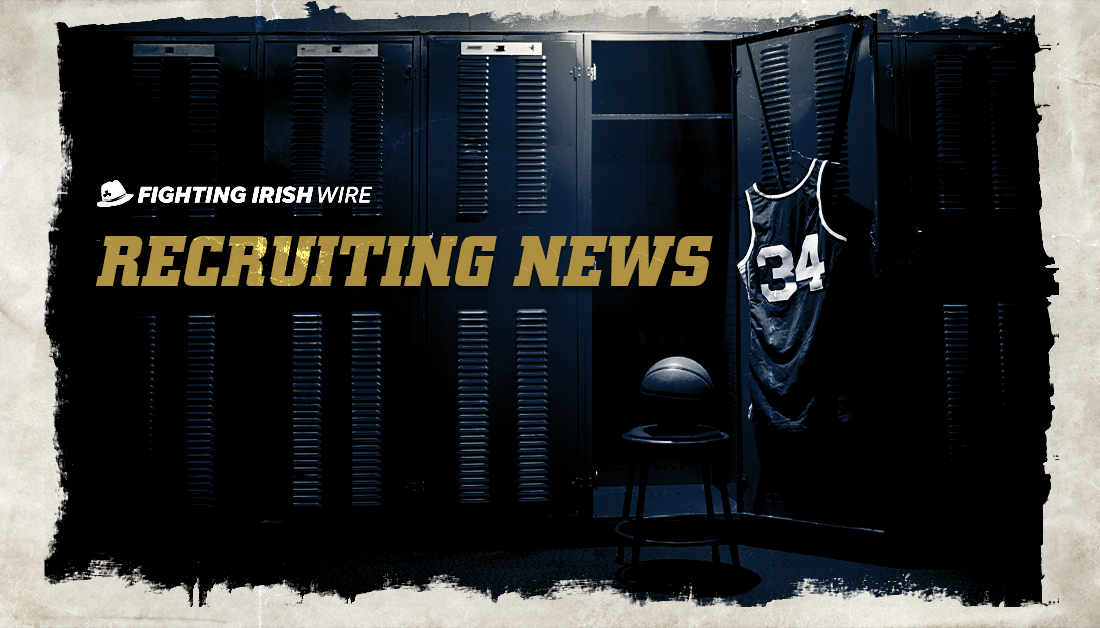Maine Divided: Majority Oppose Transgender Athletes in Girls' Sports, Poll Reveals
Sports
2025-03-28 11:34:00Content

The latest developments unfold against the backdrop of mounting tensions between the Trump administration and Maine, with federal officials raising serious concerns about the state's potential non-compliance with Title IX and a recent executive order targeting transgender female athletes' participation in women's sports. The administration has been closely scrutinizing Maine's approach to athletic inclusivity, signaling a potential confrontation over gender identity and sports participation rights.
At the heart of the dispute lies a complex intersection of legal, educational, and civil rights issues, with the Trump administration taking a firm stance on restricting transgender athletes' involvement in women's competitive sports. The ongoing debate highlights the broader national conversation about gender, fairness, and inclusion in athletic environments.
Transgender Athletes in Maine: A Complex Battle for Inclusion and Fairness
The ongoing debate surrounding transgender athletes' participation in women's sports has reached a critical juncture in Maine, where legal, social, and political tensions are converging to challenge existing athletic policies and fundamental rights of participation.Breaking Barriers: The Intersection of Sports, Identity, and Equality
The Legal Landscape of Athletic Participation
The intricate legal framework governing transgender athletes' involvement in competitive sports represents a multifaceted challenge that extends far beyond simple regulatory compliance. Maine finds itself at the epicenter of a national conversation that challenges traditional gender categorizations in athletic competitions. Federal mandates, including Title IX and recent executive orders, have created a complex regulatory environment where institutional policies intersect with individual rights. Experts in sports law and gender studies argue that the current regulatory approach fails to capture the nuanced realities of gender identity and athletic performance. The binary classification of athletes based on biological sex increasingly appears outdated in a society that recognizes gender as a more fluid and complex construct.Institutional Responses and Policy Implications
Educational institutions and athletic organizations in Maine are grappling with unprecedented challenges in developing inclusive yet competitive sporting environments. The Trump administration's expressed concerns highlight the broader national tension between protecting competitive fairness and ensuring equal opportunities for transgender athletes. Comprehensive policy development requires a delicate balance between maintaining competitive integrity and respecting individual gender identities. Researchers and policymakers are exploring innovative approaches that consider hormonal treatments, physiological variations, and the fundamental principles of athletic competition.Psychological and Social Dimensions of Athletic Inclusion
Beyond legal and regulatory considerations, the debate surrounding transgender athletes touches profound psychological and social dimensions. Transgender athletes often face significant personal challenges, including social stigmatization, psychological stress, and systemic barriers to participation. Mental health professionals emphasize the critical importance of athletic participation as a fundamental aspect of personal development, self-expression, and community integration. Exclusionary policies can have devastating psychological consequences, potentially undermining an individual's sense of identity and belonging.Scientific Perspectives on Gender and Athletic Performance
Contemporary scientific research provides nuanced insights into the complex relationship between gender identity, biological characteristics, and athletic performance. Emerging studies challenge simplistic notions of biological advantage, highlighting the significant variations in physiological capabilities among athletes. Endocrinologists and sports scientists argue that hormonal treatments and individual variations make broad generalizations about transgender athletes' competitive advantages increasingly difficult to substantiate. The scientific community increasingly advocates for individualized assessments that consider multiple factors beyond traditional gender categorizations.National Implications and Future Trajectories
Maine's current situation serves as a microcosm of a broader national dialogue about inclusivity, fairness, and athletic participation. The ongoing debate reflects deeper societal conversations about gender identity, institutional policies, and fundamental human rights. Legal experts predict that future policy developments will likely require more sophisticated, nuanced approaches that balance competitive considerations with principles of individual dignity and inclusion. The resolution of these complex issues will have far-reaching implications for athletic institutions, educational systems, and social understanding of gender.RELATED NEWS
Sports

NFL Free Agency 2025: Insider's Guide to the Most Sought-After Talents - Holland, Allen Lead the Pack
2025-03-11 12:32:40
Sports

Bracket Busters Unleashed: March Madness Day 1 Showdown - Creighton vs. Louisville Live
2025-03-20 16:24:01
Sports

Fallen Legend: Brett Favre's Dramatic Downfall Exposed in Netflix Bombshell Documentary
2025-04-14 20:04:51





